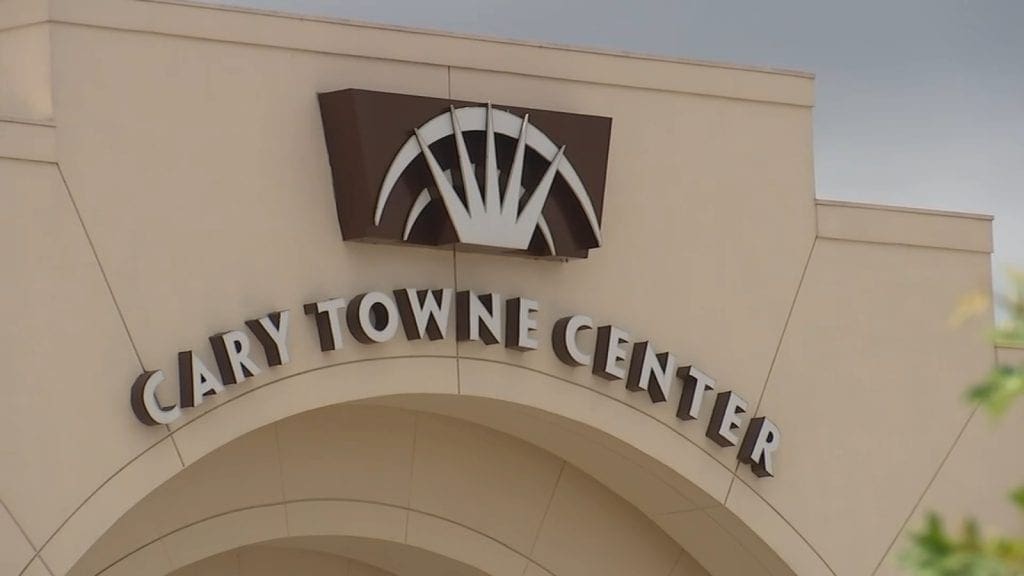A surge in Zelle-related scams linked to social media contacts has compelled JPMorgan Chase Bank to prohibit payments conducted through these platforms and messaging applications.
According to Chase, Zelle was designed as a tool for transferring funds to family, friends, and other trusted contacts, and it is not suitable for online transactions.
Zelle Scams
Peer-to-peer payment applications like Zelle, Venmo, and Apple Pay Cash became widely popular during the pandemic and are now a common method for individuals to perform instant cash transactions among friends. Nevertheless, scammers have swiftly exploited the lesser regulation surrounding these apps, leaving users with minimal options for recourse when they fall victim to deception.
In particular, Zelle has faced criticism from the US Consumer Financial Protection Bureau (CFPB) due to its minimal protective measures, resulting in hundreds of thousands of users losing a total of $870 million to scams.
Initially, Zelle dismissed these concerns, stating it was the customers’ duty to pay the correct individuals and claimed that the banks behind the service bore no responsibility. However, the CFPB initiated legal action against the app’s managing entity and associated banks while also threatening legislative measures, which prompted a slight policy alteration late last year.
The 2,100 financial institutions on Zelle, a peer-to-peer network owned by seven banks including JPMorgan Chase and Bank of America, commenced reversing transactions from June 30 for customers deceived into transferring funds to fraudsters masquerading as government agencies, banks, or recognized service providers, stated Early Warning Services (EWS), the banking entity that owns Zelle.
This likely indicates that you can recover your funds if the scammer misrepresents themselves as a government entity or a bank. However, it also implies that if the fraudster poses as a business, refunds will only occur if you’re an existing customer of that business. Lastly, if the scammer impersonates an individual, like a family member or friend, your chances of recoveries may be slim.
BleepingComputer reported a modification to Chase’s terms and conditions for Zelle transactions, effective next month.
“For your protection, Chase will prohibit you from sending Zelle payments recognized as originating from contacts on social media. We will decline those transactions because Zelle is intended for payments to friends, family, and other trusted recipients you are familiar with, not for individuals you encounter on social media,” the bank cautioned.
“We may seek information from you (for example, when setting up a payment or adding a recipient) regarding your payment purpose, the method of contact with your recipient, or any other details deemed necessary to evaluate whether your payment bears a heightened risk of fraud or scam, or is illegal, ineligible, or improper.”
Chase may not always be able to identify social media transactions, but will block them when possible.
DMN’s Perspective
The typical advice remains prudent. Always expect any payment you intend to make and maintain a high level of skepticism towards urgent claims, such as limited refund opportunities. Never employ peer-to-peer payment applications for purchases; opt for a credit card instead to ensure consumer protections are in place.
A comparison conducted in 2018 identified Apple Pay Cash as the optimal choice for security and privacy among peer-to-peer payment services.
Photo by Tech Daily on Unsplash



